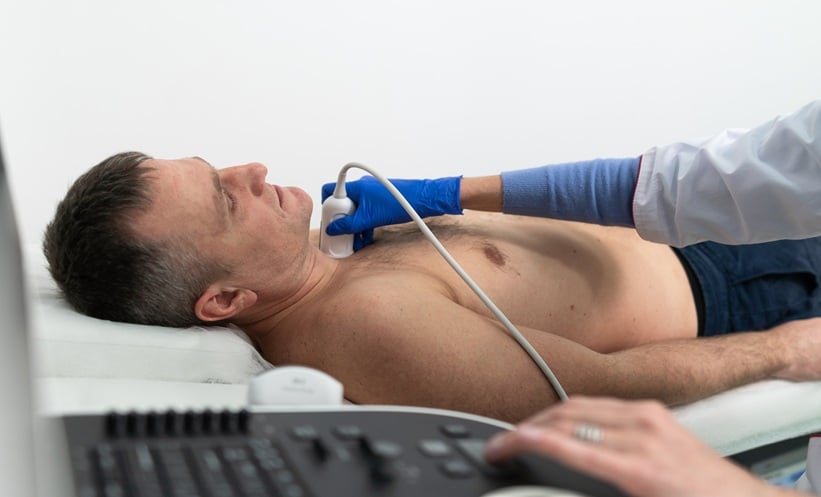ANALYSING a particular gene in patients with depression can help individualise treatment, leading to improved outcomes for patients, according to researchers from the Karolinska Institutet, Solna, Sweden and the Diakonhjemmet Hospital, Oslo, Norway.
Genetic Variation
A previous study discovered that variants within the CYP2C19 gene, which encodes the enzyme responsible for escitalopram metabolism, substantially reduces the impact of the selective serotonin reuptake inhibitor (SSRI), escitalopram, commonly used to treat depression. One-third of the patients included either had a variant of the gene promoting increased enzyme expression, leading to blood levels of escitalopram too low to affect the symptoms of depression, or else had a defective CYP2C19 gene, which meant levels of the drug were too high in their blood. This led to 30% of patients with the gene variants switching to other drugs within 1 year, in contrast to just 10–12% of patients with the common gene.
Dose Adjustment
In this new research, the team found that adjusting the dose of escitalopram based on each patients’ specific genetic make-up greatly improved treatment outcomes; a finding that could be applied to other drugs used to treat depression.
“Our study shows that genotyping of CYP2C19 could be of considerable clinical value in individualising doses of escitalopram so that a better all-round antidepressive effect could be achieved for the patients,” explained Prof Magnus Ingelman-Sundberg, Karolinska Institutet. “Because CYP2C19 is involved in the metabolism of many different SSRIs, the finding is also applicable to other types of antidepressants.”
Improved Outcomes
The findings should therefore help limit the number of patients who either do not respond well or develop adverse reactions to escitalopram and other forms of antidepressants in the future.
James Coker, Reporter
For the source, and further information on the study, click here.








